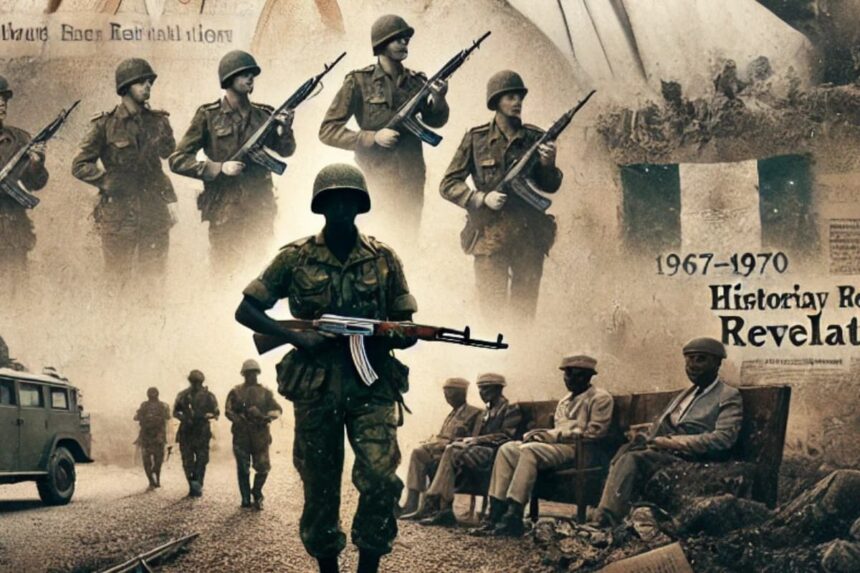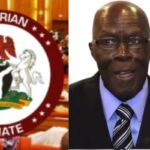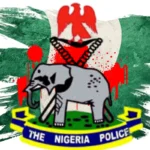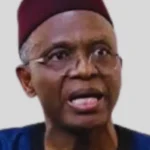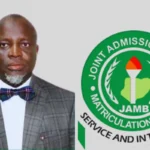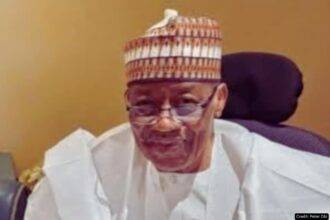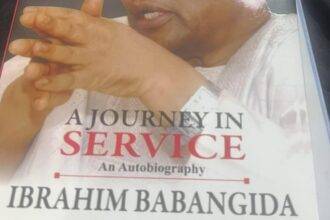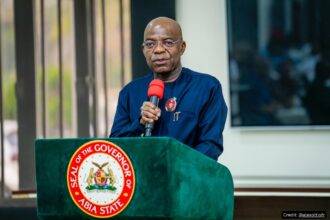In a world where information is a powerful tool, those who control the media wield immense influence over history and public perception. The Nigerian Civil War (1967–1970) remains one of the most devastating conflicts in African history, and emerging revelations continue to challenge long-standing narratives about its origins.
For decades, the idea of an “Igbo coup” has been presented as the catalyst for the war, but historical evidence suggests otherwise. Instead, this narrative was largely a product of media manipulation—one that set the stage for the deaths of an estimated three million people, the destruction of an entire region’s infrastructure, and ethnic tensions that persist to this day.
On January 15, 1966, a group of young Nigerian military officers, led by Major Chukwuma Kaduna Nzeogwu, staged a coup against the government, assassinating top political and military leaders, including Prime Minister Abubakar Tafawa Balewa and Northern Premier Ahmadu Bello. Although officers from different ethnic backgrounds participated in the coup, key figures among the casualties were northern leaders, leading to the widespread belief—promoted by local and foreign media—that the coup was an “Igbo conspiracy” to dominate Nigeria.
This perception was amplified by British-controlled media, particularly the BBC, which played a critical role in shaping public opinion. British colonial interests in Nigeria were deeply rooted in economic and strategic goals, and there is evidence to suggest that British influence continued long after independence. By framing the coup as an Igbo plot, foreign and local actors effectively deepened ethnic divisions and laid the groundwork for the counter-coup of July 1966, led by Northern officers, which resulted in the assassination of then-Head of State General Johnson Aguiyi-Ironsi. This set Nigeria on a path toward war.
For decades, General Yakubu Gowon, who became Head of State after the July 1966 coup, maintained that Chukwuemeka Odumegwu Ojukwu, leader of the secessionist Republic of Biafra, was responsible for starting the war. However, in February 2024, Gowon himself admitted that he, not Ojukwu, initiated the war—a statement that contradicts decades of official narratives.
Further reinforcing this, former military ruler Ibrahim Babangida recently released his Autobiography title A Journey in Service in which he confirmed that Gowon’s decisions—not an Igbo-led conspiracy—were the primary cause of the war. These admissions provide further evidence that the war was not simply the result of ethnic tensions but a culmination of political manipulations, misinformation, and foreign interference.
Britain’s role in the Nigerian Civil War went beyond propaganda. The British government, under Harold Wilson, supported the Nigerian federal military government with arms, intelligence, and diplomatic backing, ensuring that Biafra remained isolated from international support. Despite global outcry over the genocide and mass starvation in Biafra, the British media largely downplayed or justified these atrocities.
Now, in 2025, the same British media entities that once shaped the false narrative of an “Igbo coup” and fueled Nigeria’s bloodiest conflict are reportedly back, funding Nigerian journalists under the pretense of “fighting disinformation” and “exposing foreign influence.” According to reports by David Hundeyin, these journalists receive £1,000 per quarter to promote narratives aligned with British interests—raising serious concerns about media independence and the possibility of renewed foreign interference in Nigeria’s affairs.
The Nigerian Civil War serves as a reminder of the dangers of media manipulation and foreign influence in shaping national destinies. The false narratives of the 1960s led to war, destruction, and the loss of millions of lives. Today, with the rise of digital media, disinformation campaigns have become even more sophisticated, making it crucial for Nigerians to question and verify the sources of the information they consume.
As more truths emerge about Nigeria’s past, it is imperative to resist external manipulations, promote factual history, and ensure that the mistakes of the past are not repeated. The control of media and information remains one of the most powerful tools in shaping the future, and Nigeria must guard against being misled once again.
